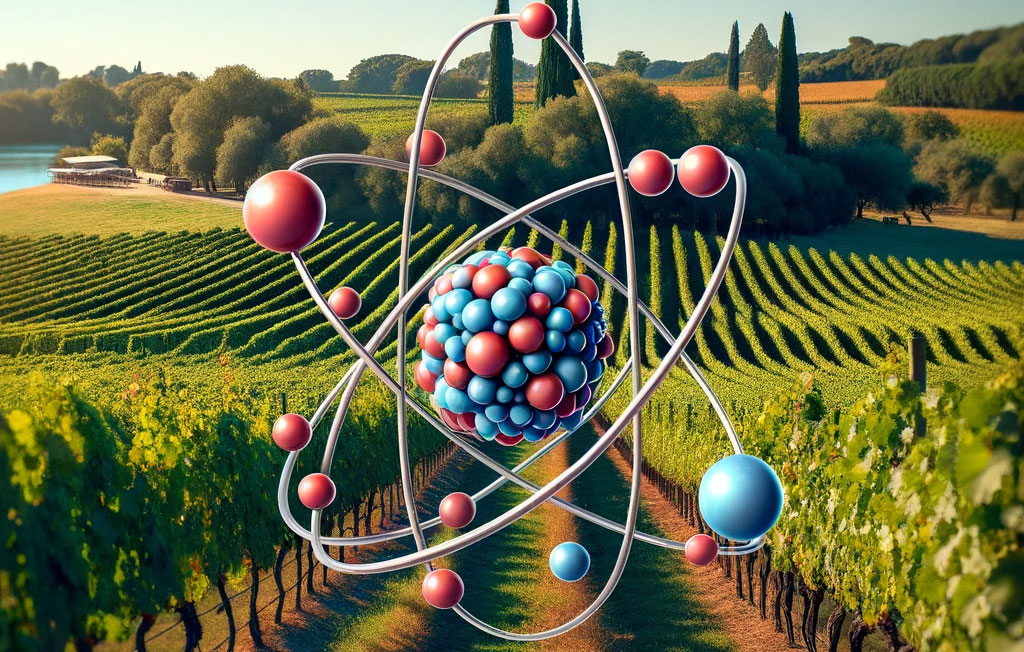
Make Wine, Get Hydrogen
Researchers from the universities of Jaén and São Paulo have developed a method to produce hydrogen biofuel from vine shoots, a waste product of the wine industry. Their process, which is environmentally friendly and does not rely on fossil fuels, could repurpose almost 93% of grape harvest residues. The biomass from vine shoots, rich in lignin with antioxidant properties, is promising for industries like pharmaceuticals and cosmetics.
The team's study, published in "Industrial Crops and Products," highlights a biological pre-treatment using enzymes as the most efficient for industrial-scale hydrogen production. This method is more sustainable compared to physical and chemical treatments, increasing hydrogen output by up to 250% and avoiding toxic waste.
The process involves degrading vine shoots through enzymatic action, which breaks down lignin and alters cellulose, releasing sugars. These sugars are then fermented by the microorganism Clostridium butyricum, producing hydrogen and organic acids valuable in food, cosmetics, and pharmaceuticals.
Comparative analysis showed the biological method yields more green fuel. The team plans further studies to assess the environmental and economic viability of scaling up this process, aiming to establish a biorefinery based on vine branches.

0 Comments